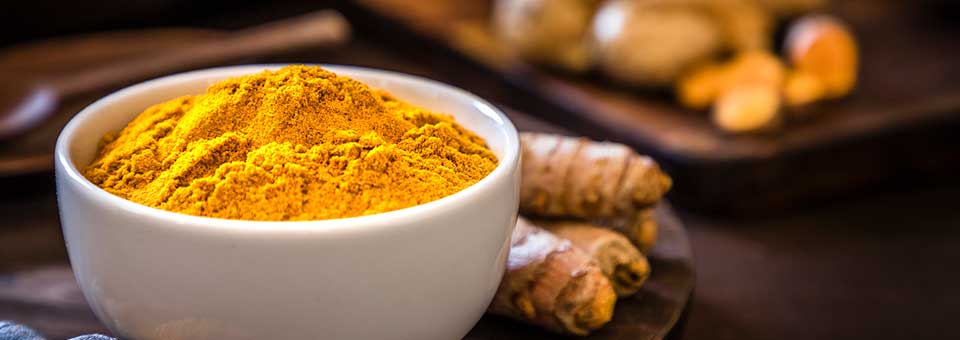I’ve written to you before about how important sleep is for your brain. When you don’t get enough high-quality sleep, your brain function declines dramatically and you age faster.
Now, a brand-new study shows the same is true for your heart.
Researchers at Tulane University analyzed the sleep patterns of more than 400,000 volunteers over a 10-year period.1
After adjusting for medical conditions like high blood pressure and diabetes, the researchers found that those volunteers who slept seven to eight hours a night had a 42% lower risk of heart failure, compared to the other volunteers with less healthy sleep patterns.
The study, published in the journal Circulation, also determined that the risk of heart failure was:
- 8% lower in early risers
- 12% lower in those who slept 7 to 8 hours daily
- 17% lower in those who did not have frequent insomnia
- 34% lower in those reporting no daytime sleepiness
This backs up a second recent study recently presented at the American College of Cardiology’s Annual Scientific Session.2
After logging the sleep patterns and habits of over 14,000 participants, researchers determined that levels of C-reactive protein (CRP) were highest in those participants who slept less than six to seven hours a night.
I’ve been testing my patients’ CRP levels for more than two decades. It is the single, most effective indicator of heart attacks and strokes.3
CRP is an inflammatory marker in your blood that increases when there’s inflammation in your body. As a regular reader, you know inflammation is the root cause of almost every chronic disease of our times.
That includes cancer, heart disease, arthritis, arteriosclerosis, Alzheimer’s disease, and diabetes.< Inflammation is so closely linked to these age-related diseases that it is commonly called "inflamm-aging." As a regular reader, you also know that I don't treat my
patients' heart disease or insomnia with Big Pharma's statin drugs or sleeping pills. I use nutrients and other natural plant-based therapies – including CBD. We've talked recently about how cannabinoids help you fall asleep 67% faster.4 And that CBD’s sister molecule, the newly discovered CBN, helped subjects in an animal study get to sleep a remarkable 300% faster.5But CBD is also a powerful anti-inflammatory that can reduce your risk of heart disease.
In fact, in addition to lowering inflammation, CBD has been shown to:
- Reduce arrhythmias (an irregular heartbeat)6
- Lower blood pressure7
To help my patients protect their hearts while they sleep, I suggest supplementing with a nightly dose of high-quality CBD oil.
Sleep Your Way to Better Heart Health
If you’re new to CBD, here’s what I suggest you look for:
- Choose a full-spectrum CBD. It has all the natural compounds found in the plant and more effectively activates the CBD receptors in your body. Full-spectrum CBD can contain less than 0.3% of THC. While this minute amount won’t alter your mind, it can help you fall asleep faster.
- Look for a product that includes CBN. This CBD “sister molecule” binds directly with your body’s sleep receptors. This allows users to spend more time in a deep-sleep state – the most restorative part of your sleep cycle.8
- Select a product with high-quality ingredients. Avoid corn syrup, GMOs, trans fats, or artificial additives.
I recommend starting with 5 mg daily for the first week. But, don’t be surprised if you don’t feel any effects until you reach about 30 mg per dose.
To Your Good Health,
![]()
Al Sears, MD, CNS
References:
1. Li X, et al. “Adherence to a healthy sleep pattern and incident heart failure: a prospective study of 408 802 UK Biobank participants.” Circulation. 2021 Jan 5;143(1):97-99.
2. American College of Cardiology. “Too much, too little sleep linked to elevated heart risks in people free from disease: Sleep should be assessed along with other factors that increase heart disease.” ScienceDaily. Accessed 5 May 2021.
3. Panah Y, et al. “Antioxidant and anti-inflammatory effects of curcuminoid-piperine combination in subjects with metabolic syndrome: A randomized controlled trial and an updated meta-analysis.” Clinical Nutrition. 2015;34(6):P1101-P1108.
4. Shannon S, et al. “Cannabidiol in anxiety and sleep: A large case series.” Perm J. 2019;23:18-041.
5. Yoshida H, Usami N, Ohishi Y, Watanabe K, Yamamoto I, Yoshimura H. Synthesis and pharmacological effects in mice of halogenated cannabinol derivatives. Chem Pharm Bull (Tokyo). 1995 Feb;43(2):335-7. doi: 10.1248/cpb.43.335. PMID: 7728937
6. Walsh S, et al. “Acute administration of cannabidiol in vivo suppresses ischaemia-induced cardiac arrhythmias and reduces infarct size when given at reperfusion.” Br J Pharmacol. 2010 Jul; 160(5): 1234–1242.
7. Jadoon K, et al. “A single dose of cannabidiol reduces blood pressure in healthy volunteers in a randomized crossover study.” JCI Insight. 2017 Jun 15; 2(12): e93760.
8. Foley L. Stages of Sleep. Sleep Foundation. Published August 14, 2020.

